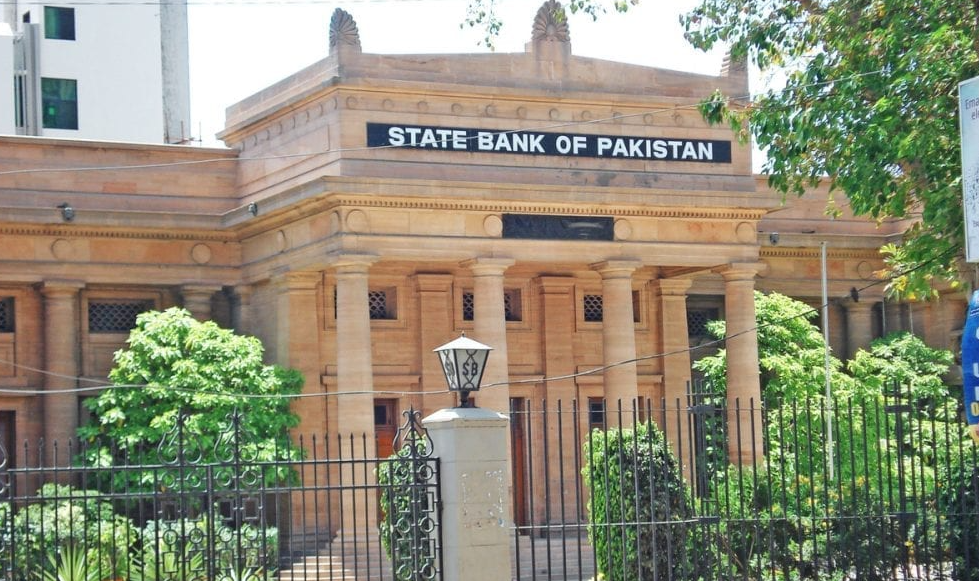In Bulgaria, the Bulgaria National Bank (BNB) plays a crucial role in the country’s financial system. As the central bank of Bulgaria, it is responsible for maintaining price stability, ensuring the soundness of the financial sector, and promoting a stable and efficient payment system. This article aims to provide a detailed overview of the Bulgarian National Bank, its functions, history, and its impact on the country’s economy.
Role and Responsibilities of Bulgaria National Bank
The Bulgarian National Bank has three primary roles: monetary policy, financial stability, and banking supervision.
Monetary Policy
As the issuer of the national currency, the BNB implements and controls the monetary policy of Bulgaria. It aims to maintain price stability by influencing interest rates, managing the money supply, and monitoring inflation levels. Through its actions, the BNB strives to foster a conducive environment for sustainable economic growth.
Financial Stability
The BNB plays a crucial role in ensuring the stability of the financial system in Bulgaria. It monitors and assesses potential risks to the financial sector, implements measures to mitigate these risks, and provides emergency liquidity assistance to banks when necessary. The bank’s primary objective is to safeguard the stability and integrity of the financial system, which is essential for overall economic stability.
Banking Supervision
Another significant responsibility of the BNB is banking supervision. It oversees the operations and activities of commercial banks and other financial institutions to ensure their compliance with regulations and maintain the safety and soundness of the banking sector. The BNB conducts regular inspections, assesses the financial health of banks, and enforces prudential requirements to protect depositors and maintain confidence in the banking system.
History and Evolution of Bulgaria National Bank
The Bulgarian National Bank has a rich history dating back to its establishment in 1879. Initially, it served as the central bank of the Principality of Bulgaria. Over the years, it has evolved to adapt to changing economic circumstances and international developments. The BNB has played a vital role in Bulgaria’s transition from a centrally planned to a market-oriented economy.
Organizational Structure
The BNB operates under a well-defined organizational structure. It consists of various departments and units responsible for different aspects of its functioning. The bank is governed by a General Assembly and supervised by a Governing Council, ensuring transparency, accountability, and effective decision-making.
Bulgaria National Bank; Key Functions and Operations
The Bulgarian National Bank performs several critical functions to fulfill its mandate. These include:
Currency Issuance
The BNB has the exclusive right to issue banknotes and coins in Bulgaria. It ensures an adequate supply of currency in circulation, maintains the integrity and security of banknotes, and combats counterfeit activities.
Banking Operations
The BNB acts as a banker to the Bulgarian government, commercial banks, and other financial institutions. It provides various banking services, including managing reserves, facilitating interbank transactions, and offering credit facilities to eligible entities.
Payment Systems
The BNB oversees and regulates the payment systems in Bulgaria. It ensures the smooth functioning of payment transactions, promotes efficiency, and fosters innovation in the payment ecosystem. The bank also promotes the adoption of secure electronic payment methods, contributing to the digitization of the economy.
Regulatory Framework
The Bulgarian National Bank operates within a robust regulatory framework that aligns with international standards. It formulates and enforces regulations and guidelines to ensure the stability and integrity of the financial system. The BNB collaborates closely with other regulatory authorities to maintain a harmonized approach and mitigate systemic risks.
Collaboration with European System of Central Banks
As a member of the European Union, Bulgaria’s central bank collaborates closely with the European System of Central Banks (ESCB). This collaboration promotes coordination and cooperation among central banks within the Eurosystem. The BNB actively participates in various ESCB initiatives, contributing to the stability of the European financial system.
Notable Initiatives and Reforms
The BNB has undertaken several notable initiatives and reforms to enhance the effectiveness of its operations. It has implemented measures to strengthen banking supervision, improve risk management practices, and enhance financial inclusion. The bank has also embraced technological advancements to modernize its systems and processes, ensuring efficient delivery of its services.
Economic Impact
The Bulgarian National Bank’s policies and actions have a significant impact on the country’s economy. Its monetary policy decisions influence interest rates, credit availability, and investment climate. The bank’s efforts to maintain financial stability contribute to investor confidence and economic growth. Additionally, the BNB’s regulatory framework ensures a sound and competitive banking sector, supporting the overall development of the Bulgarian economy.
Challenges and Future Prospects of Bulgaria National Bank
The Bulgarian National Bank faces various challenges and opportunities in the evolving global and domestic economic landscape. It must adapt to technological advancements, address cybersecurity risks, and navigate macroeconomic uncertainties. The bank’s focus on enhancing financial literacy and promoting digital innovation will be crucial in overcoming these challenges and ensuring a resilient and sustainable financial system for the future.
Conclusion
In conclusion, the Bulgarian National Bank plays a vital role in maintaining stability and promoting economic growth in Bulgaria. Through its monetary policy, financial stability measures, and banking supervision, the BNB strives to create a favorable environment for businesses, investors, and consumers. With its continued efforts and adaptability, the Bulgarian National Bank is poised to navigate the evolving financial landscape and contribute to the long-term prosperity of the country.
FAQs
1. How does the Bulgarian National Bank impact inflation levels?
The Bulgarian National Bank influences inflation levels through its monetary policy. By adjusting interest rates and managing the money supply, the bank aims to maintain price stability and control inflation.
2. Can individuals open an account directly with the Bulgarian National Bank?
No, individuals cannot open accounts directly with the Bulgarian National Bank. The BNB primarily serves as a banker to the government, commercial banks, and other financial institutions.
3. What measures does the BNB take to ensure the soundness of the banking sector?
The Bulgarian National Bank conducts regular inspections, assesses the financial health of banks, and enforces prudential requirements to ensure the safety and soundness of the banking sector.
4. How does the BNB contribute to financial inclusion in Bulgaria?
The BNB promotes financial inclusion by encouraging access to banking services for all segments of society. It supports initiatives to enhance financial literacy and improve the availability of affordable financial products.
5. What role does the BNB play in combating counterfeit currency?
As the exclusive issuer of banknotes and coins, the BNB maintains the integrity and security of currency. It implements measures to combat counterfeit activities, ensuring the authenticity of Bulgarian banknotes.
References:
- Bulgarian National Bank. (n.d.). Retrieved from https://www.bnb.bg/
- Bulgarian National Bank: Key Functions and Operations. (2021). Retrieved from https://www.bnb.bg/en/AboutUs/BankingAndCash/CurrencyIssuance/index.htm
- Bulgarian National Bank: Banking Operations. (2021). Retrieved from https://www.bnb.bg/en/AboutUs/BankingAndCash/BankingOperations/index.htm

